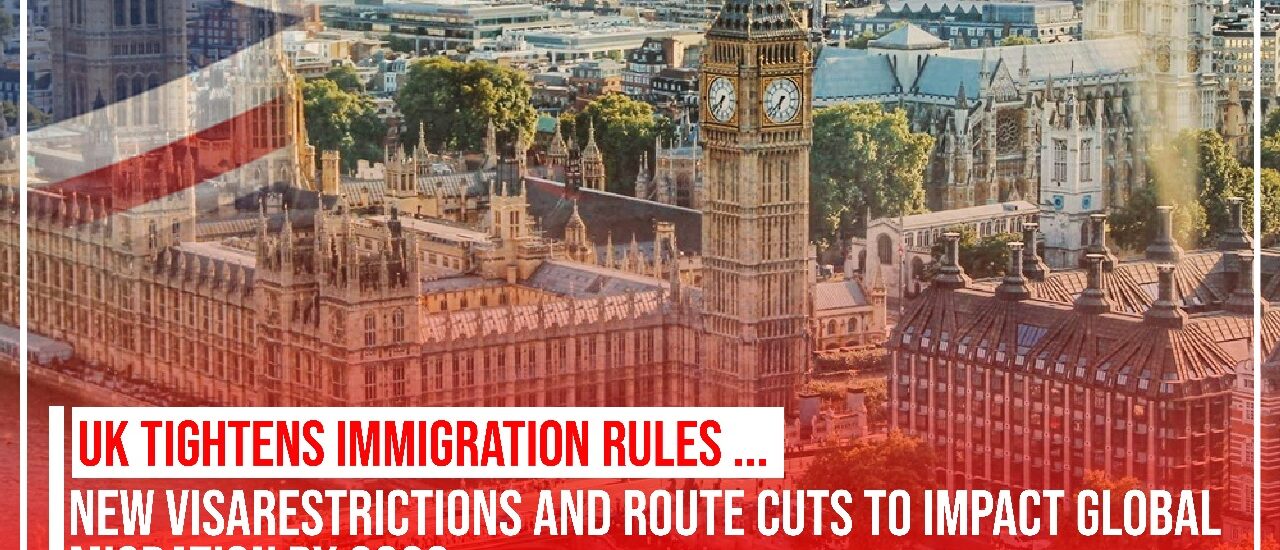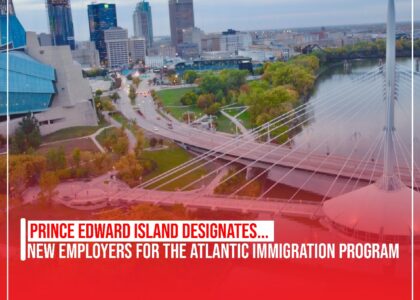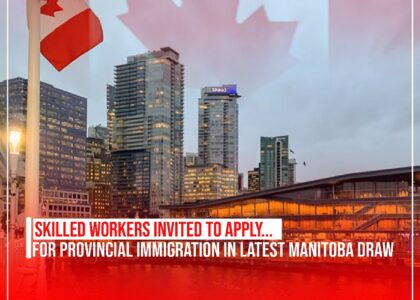In a significant policy shift, UK Prime Minister Keir Starmer has announced comprehensive changes to the country’s immigration system, aiming to reduce net migration by the end of the current Parliament in 2029. The government’s new immigration strategy, detailed in a white paper released on May 12, 2025, introduces stricter visa regulations, changes to settled status eligibility, and a focus on high-skilled migration.
Key Changes in UK Immigration Policy
1. Increased English Language Requirements
The UK government has proposed raising the English language proficiency standards for all visa applicants and their dependents. Applicants will now be required to meet specific language proficiency levels depending on the visa type they are applying for. This move aims to ensure that new migrants can integrate more effectively into British society.
2. Extension of Settlement Period
The qualifying period for settled status—the right to reside and work in the UK indefinitely—will be extended from five years to ten years. However, exceptions may apply for high-contributing individuals, such as doctors and nurses, who could still qualify within five years.
3. Graduate Route Visa Shortened
The Graduate Route visa, which currently allows international students to remain in the UK for up to two years after completing their degree, will be reduced to 18 months. This change has raised concerns among student groups, particularly those from countries like India, which has seen a significant increase in student enrollment in the UK.
4. Stricter Skilled Worker Visa Requirements
The government plans to make the skilled worker route more selective by introducing tougher minimum salary requirements and imposing stricter scrutiny on applicants. This change is expected to make it harder for workers to qualify for the visa unless they demonstrate exceptional value to the UK’s economy or society.
5. Closure of Health and Social Care Worker Visa Route
The Health and Social Care Worker visa route will be closed to new applicants. This decision has raised significant concerns, particularly among migrant workers who have been contributing to the UK’s healthcare sector. Critics argue that the closure could lead to a shortage of care workers and increased exploitation of existing staff.
Implications for International Students
The UK’s new immigration policies are expected to have a significant impact on international students, particularly those from countries like India. With the reduction in the Graduate Route visa duration and stricter visa requirements, prospective students may face increased challenges in securing post-study work opportunities in the UK. Students may need to place greater emphasis on test preparation, academic performance, and developing skills that meet the UK’s specific labor market demands.
Also Read: Canada Invites More PNP Candidates in Latest Express Entry Draw
Broader Global Effects on Migration
Impact on Other Countries’ Immigration Policies
The UK’s tightening of its immigration policies could set a precedent for other countries facing similar challenges with migration. As the UK moves toward more selective immigration rules, other nations may follow suit and introduce tougher measures to control the influx of migrants, particularly those seeking to enter the labor market or educational institutions.
The Business and Economic Impact
The shift toward a more selective immigration system may have implications for businesses and industries in the UK that rely on skilled foreign labor. As it becomes harder for migrants to qualify for visas, businesses may find themselves competing for a smaller pool of candidates, potentially driving up wages for skilled workers. This could lead to increased operating costs for companies that rely heavily on migrant labor, especially in sectors like healthcare, technology, and education.
A New Era for UK Immigration
The proposed changes to the UK’s immigration system represent a significant shift in how the country views and manages migration. While these changes aim to reduce net migration and prioritize skilled workers who can contribute to the UK’s economy, they also raise concerns about the potential impact on vulnerable migrant workers and international students. As the UK moves forward with these reforms, the global travel and immigration industries will need to closely monitor their effects and adapt to the changing landscape of migration policy.
For individuals considering migration to the UK, it’s crucial to stay informed about these policy changes and assess how they may impact your eligibility and plans. Consulting with immigration experts and staying updated on official announcements can help navigate the evolving immigration landscape.





